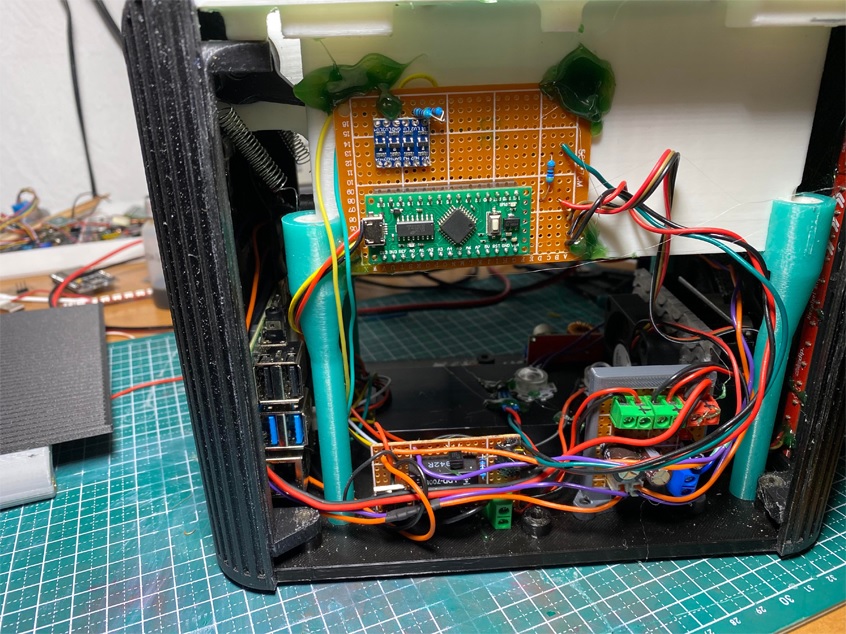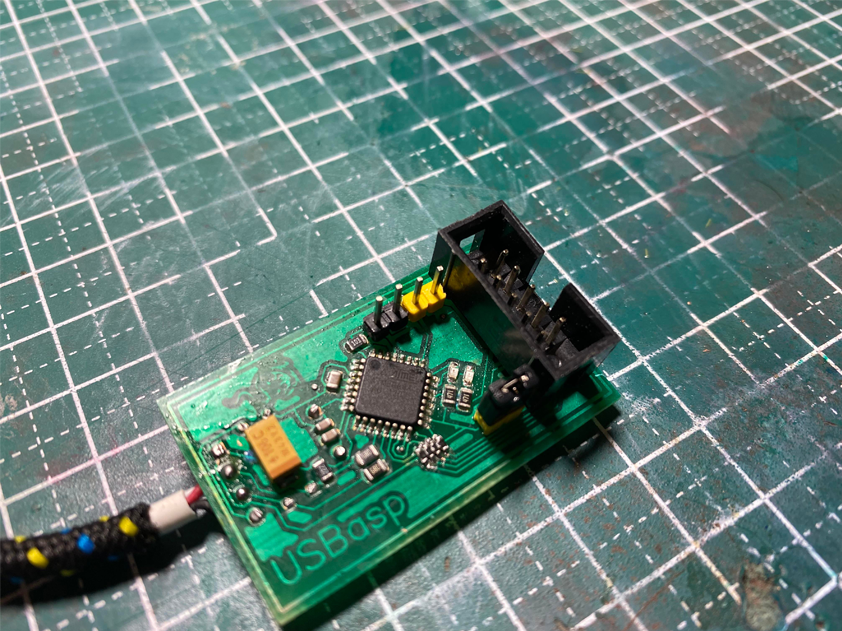Raspberry Pi UV Machine Creates Custom PCBs
Get Tom's Hardware's best news and in-depth reviews, straight to your inbox.
You are now subscribed
Your newsletter sign-up was successful
It’s hard to buy one Raspberry Pi without buying many more but dedicating a Pi to assist in the creation of future Raspberry Pi projects is a new level entirely. Over at Reddit, a maker known as Wolfy-j shares an up-close look at their impressive Pi-powered PCB UV machine. This project can be used to create custom prototype PCBs for all sorts of microelectronic needs.
Creating PCBs for Pi projects is nothing new. We recently interviewed Ian Dunn from Bolt Industries on our Raspberry Pi-themed podcast, The Pi Cast, who designs PCBs for a variety of projects—most notably a Pico-powered keyboard kit. But while most makers send their designs off to third-party companies for manufacturing, this project brings the process home.
Wolfy-j explains that the motivation to create the project stemmed from a desire to shorten the prototype development phase for projects. The end result, which is a prototype in itself, has been dubbed Medusa. It’s powered by a Raspberry Pi 4 and uses a 2K mono display.


To create a PCB, the blank PCB must be prepared with Photoresist, a UV resistant coating. The design file for the PCB is uploaded to the Medusa for processing. According to Wolfy-j, it takes about 20 minutes to draw a single-sided PCB with a mask.
In the thread, we get an inside look at the hardware used to construct the Medusa. It uses a Raspberry Pi 4 Model B running a 64-bit version of Raspberry Pi OS. It has a few LEDs for status indicators and is built mainly around the 2K mono display for creating the PCB layers. An Arduino Pro is thrown into the mix as well as a temperature sensor.
If you’re interested in creating this project yourself, check out the resources shared by Wolfy-j to get an idea of how it all goes together. The process of converting gerber files into layers for the Medusa can be found over at GitHub while the UI interface was created with Spiral Framework.
For more details and a closer look at this project, check out the original thread shared to Reddit and be sure to follow Wolfy-j for any future updates.
Get Tom's Hardware's best news and in-depth reviews, straight to your inbox.

Ash Hill is a contributing writer for Tom's Hardware with a wealth of experience in the hobby electronics, 3D printing and PCs. She manages the Pi projects of the month and much of our daily Raspberry Pi reporting while also finding the best coupons and deals on all tech.